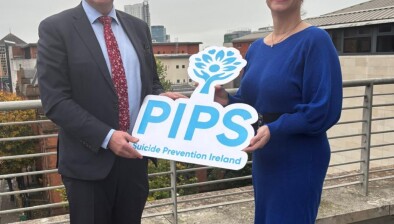Law Society of Ireland calls for mental health law reform

Áine Hynes
The Law Society of Ireland has urged the government to finalise reforms to the Mental Health Act 2001, calling for 16- and 17-year-olds to have presumed capacity to consent.
The Law Society has warned that continued delays to reform the Act means that “if a child actively resists detention for mental health care or treatment, even if they have the capacity to consent and voice objection, they can be detained with the consent of their parents”.
Áine Hynes SC, chair of the Law Society’s mental health law and capacity task force, said: “Under the current Mental Health Act, no consideration is made for the evolving capacity and maturity of a child.
“Regardless of age, a person under 18 years can be deemed a voluntary patient if consent is provided by their parents. In reality, this means that when it comes to mental health care and treatment, a 17-year-old teenager effectively has the same rights as a seven-year-old child.
“For example, while a person aged 16 has the right to provide consent to medical treatment, the Mental Health Act does not include such provisions and instead places the burden of consent on parents. This means that if a child actively resists detention for mental health care or treatment, even if they have the capacity to consent and voice objection, they can be detained with the consent of their parents.”
“We strongly believe that children aged 16 and 17 years should be presumed to have capacity to consent to or refuse admission and treatment. Children in Ireland have a constitutional right to have their views heard, equal treatment and access to justice. Provisions related to children should be updated to make clear that children have particular needs and rights to be upheld.”
This and other key issues form the basis of the Law Society’s submission to the ongoing public consultation on draft legislation to update the 2001 Act.
Ms Hynes added: “While we welcome the recent call for submissions on the views of the expert group by the Department of Health we are however, concerned at the lack of progress in the seven years since the then government called for a general scheme to be drafted to reform this important legislation.
“There is an urgent need to prioritise and reform mental health services and this starts with fit-for-purpose legislation that protects the rights of the most vulnerable in our society.”







